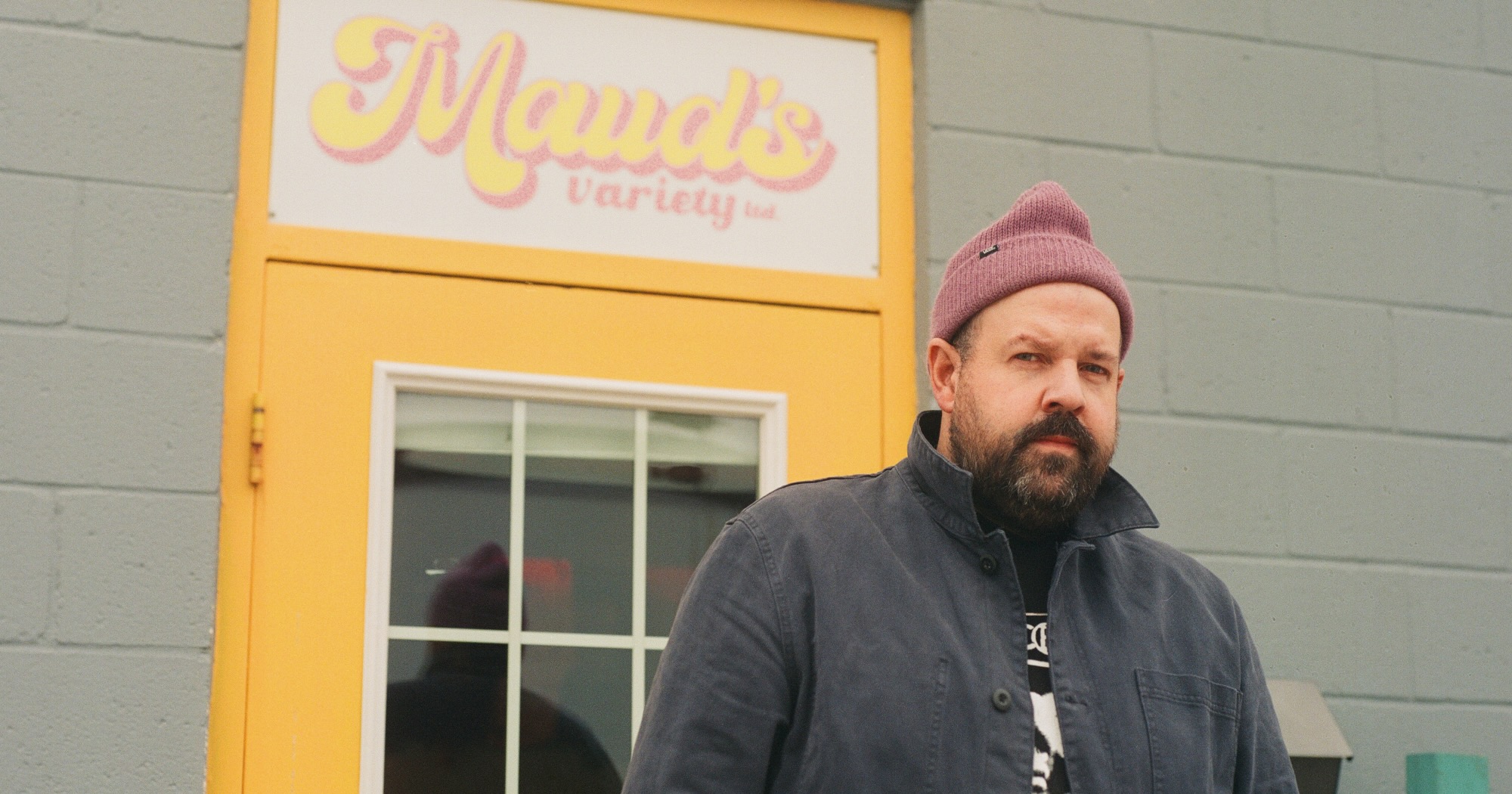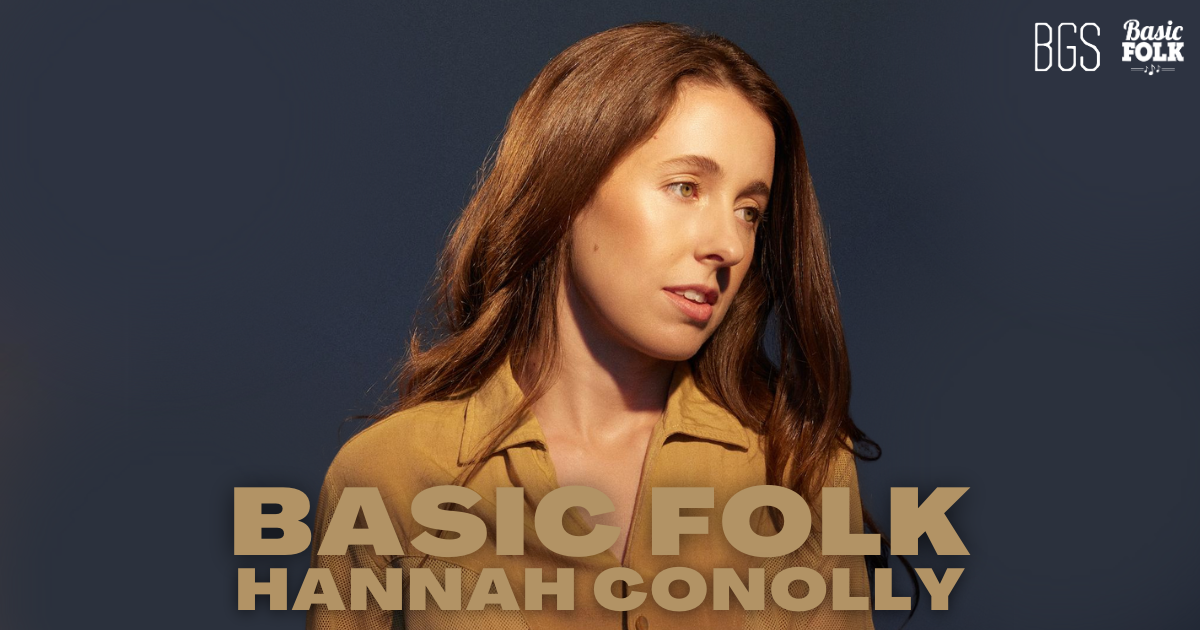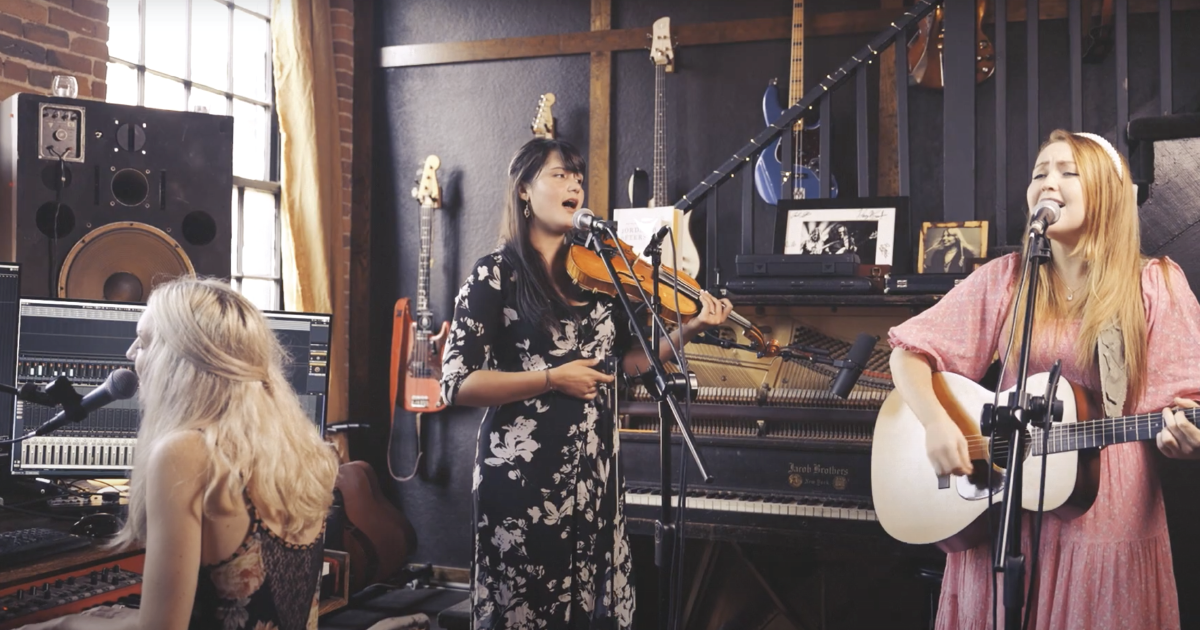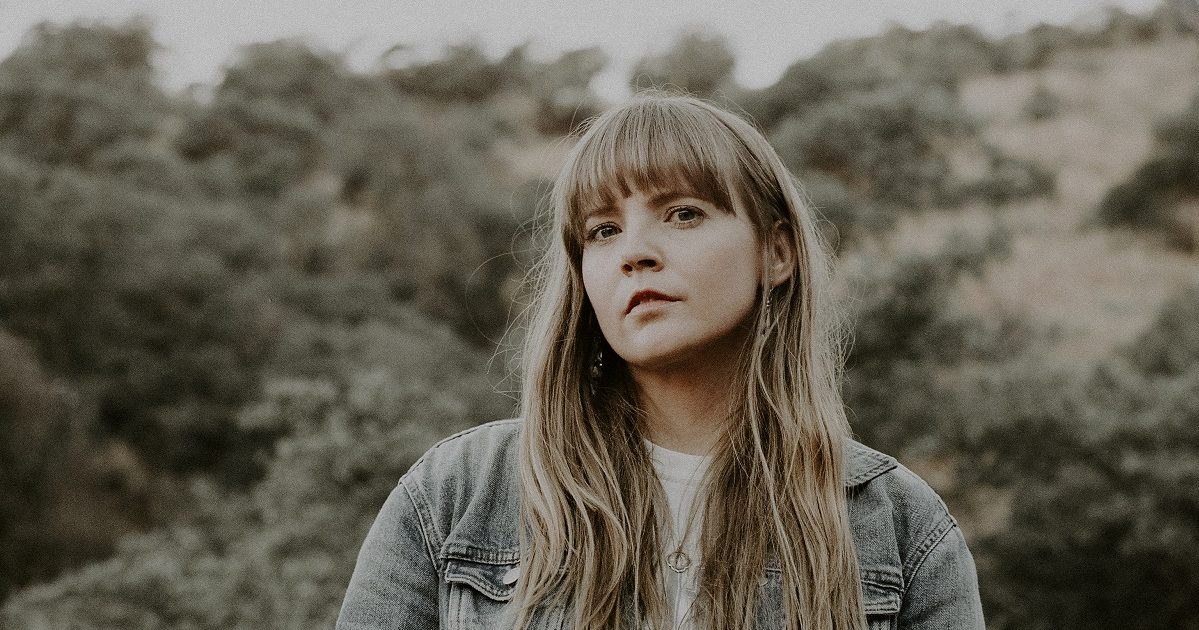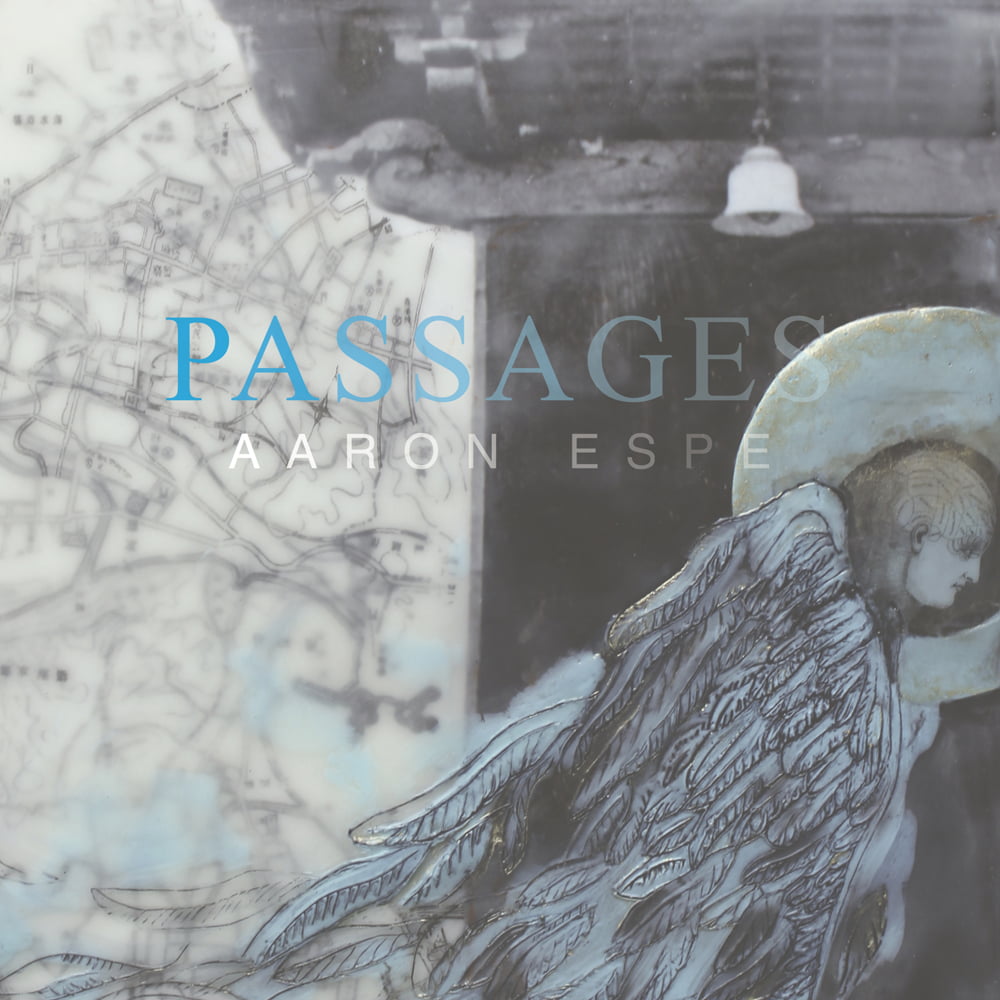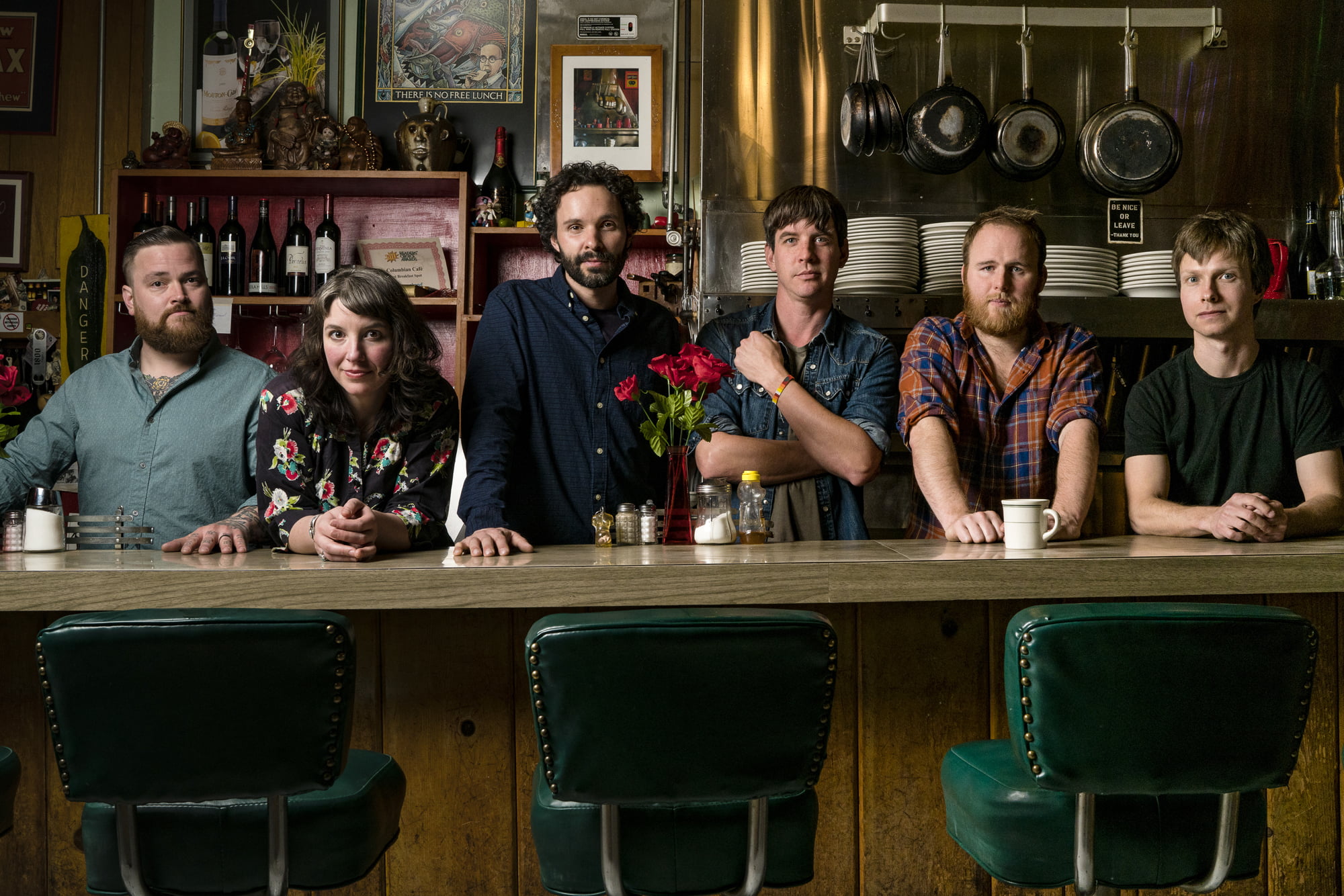For Blind Pilot's third record, front man/songwriter Israel Nebeker had no choice but to dig deep, having just come through the death of his father and the end of a relationship. Moments like those tend to make or break a person. Certainly, Nebeker let the whims of the grief that followed bend him, but he never let them break him, choosing instead to let them make him a more potent songwriter, as evidenced time and again on And Then Like Lions. Produced by Tucker Martine, the album rises and falls along with the ebbs and flows that never fail to come in the wake of great loss.
We don't know each other, but is it okay if we just go for it, here? Because I, too, lost my father to cancer, as well as my dear, soulmate of a dog. It's a life-altering experience, going through that.
Yeah, definitely.
In what ways did it change you?
[Pauses] Yeah. Okay. [Laughs]
Is that too much to start with? [Laughs]
No, no. It's not. I'm just trying to think of the biggest ways it changed me. I think the biggest was just gaining perspective on our place here in this life and what it means — what things matter the very most. That was the biggest. It also changed my perspective a lot, the idea of death and how it relates to our lives. And, also, I was completely surprised by how many beautiful moments I had with my dad while he was sick. They were, by far, the most intimate and revealing and closest moments I'd ever had with him.
Also, I was surprised that the process of losing somebody close to you like that has a lot of beauty in it. There's a lot to be shared and given with my family and people closest to me. Those were the biggest things that were unexpected and definitely changed me.
That sounds about like my experience. Are there a lot of things you let slide now that you may have fought for in the past?
I think so. Yeah. I think that's right. It does put it in perspective that this life is finite and, even more than that, for me, it put into perspective that, if we do hold onto anything, it's in the connections that we make with people closest to us. I don't really understand it, but I just get a feeling that those connections persist past death, in whatever way you want to think about that — whether it's through ancestry and lineage or the stories we make or whether it's in a spiritual sense. But that's the feeling I get.
Yeah. One of the biggest take-aways I had was — I did this during that time and ever since — really being present in each moment and trying to bring my best self to each moment. But I feel like most folks don't know what to do with that. As I engage with people now, because it's so unusual for someone to not have ulterior motives or not be trying to get something out of somebody, they're a little bit put off by it.
Yeah. [Laughs] I had that exact same motivation during that time, that last year I had with my dad. I was incredibly present and that was my biggest motivation was to bring my best self and be as present as I possibly could be. I don't know if you found this, but I found it kind of relieving, in moments, to be forced into that kind of presence … whereas, usually in life, we're just trying to get there.
Yeah. Absolutely. I feel like we should always be as tender with ourselves and with others as we are in times like those.
Definitely. That's a good way to put it.
That wasn't the only upheaval you experienced. In what ways were the loss of your father and the end of your long-term relationship similar and different? Loss is loss, to a certain extent.
Right. Yeah. It kind of all came in one month. It was three different kinds of love important to me in my life and experiencing, in one form or another, losing it. My closest group of friends for a long time, we had a falling out. Separate from that, the end of that long relationship. It was all kind of wrapped up because I was going through it all at the same time.
It is interesting, looking back, how loss — as a bigger idea — is pretty relatable to all three of those experiences and to more. I guess what was useful about it coming at the same time was that it made me look more at the idea of loss as bigger than any of those situations — what it means to go through this life and experience loss and, especially, how we share it with each other and how we can give strength to each other through it.
As you were listing off those things, I flashed on Tig Notaro. Do you know her story?
Yeah, not super-closely. But I remember she had that incredibly brave performance when she found out she was diagnosed with cancer.
Yeah. She got sick with C. diff and her mom died and her girlfriend left her and she got diagnosed with cancer, and it was all in about a month. Her whole joke was the thing of how people say God never gives you more than you can handle. She has this bit about, “He looked down and said, 'Yeeeeeah, she can handle one more.'” [Laughs]
[Laughs] Yeah. That's funny.
So, I read a piece in which you stated — and I love this phrase — that “the past isn't finished with us yet.” That's a great way to put it because every moment we've ever lived is rumbling around inside us and comes out, sometimes, when we least expect it. Unpack that a bit for me, in terms of what you were going for.
Sure. NPR asked me where the song “Umpqua Rushing” came from. That was the first song I wrote on the album and it was dealing, specifically, with the break-up of this long relationship that was filled with a lot of meaningful memories for me, of course. I was looking at this decade of my life, thinking, “Okay. What do I do with all these memories now?” I had friends and family members saying, “You gotta just let it all go and just get over it. The sooner you get over it, the better. Just let all that stuff go.”
I think I was wrestling with this idea that I felt like I would be losing so much of myself and my identity and the things most important to me by throwing everything out and going with that motivation. So, I think, at that time, I was really trying to do that and I hadn't yet discovered that, for me, the real way through it was to embrace how important all those moments were and will always be with me. That was a much better way for me to be present and moving forward and okay that that was the past and it's not anymore.
I'd say it's the same thing with the loss of my dad, too. I think our culture really does a great job of showing support when families lose somebody to death … for a couple of months. [Laughs] Then, it's …
[Laughs] Yeah. Nobody wants to hear about it anymore.
Yeah, and maybe even, kinder than that, people want you to get over it because they want you to be happy again. I think we can do some work, as a culture, to understand that it's through embracing the meaning of the past and through embracing how badly loss hurts that we can move forward in a stronger, more cohesive, complete way.
Absolutely. To me, the grief is just as deep as the love was. So, the deeper the love, the deeper the grief. And it is what it is and it's gonna take its own pace and its own route and you're just gonna have to ride it. But I agree that a lot of people, unless they've been through it — and even some people who have and maybe didn't deal with it that well — feel like you should just buck up.
Yeah. Yeah.
So, translating that all into songs … was that a natural process for you? And a necessary one, I would assume.
It was. It definitely helped me to process what was going on and, more than that, I felt like, while I was writing this album, it was … Let me back up. What we were just talking about … I found it culturally difficult for a lot of my closest friends and even family members. Like you said, some who have and some who haven't dealt with that kind of loss. I found it really difficult for them to talk about. And I wanted to write some songs that would give an invitation to my family and closest people in my community to talk about it in a way that wasn't scary, because I could tell that people were frightened to talk about it and really look at the idea of these kinds of losses.
And what I found was that I was making songs that were where I wanted to be with it, trying to give courage to myself. And, also, making songs that were intended to give that kind of courage to my family, too.
As you were writing, were you hearing the hopeful elements coming through or did Tucker [Martine] tease those out more with his production? It's a serious and somber record, but it's not depressing.
Yeah, yeah. Definitely. This was the first time in my life, writing songs, where I gave myself somewhat of an agenda. It's always been important to me to take songs exactly as they come. But it was important to me, with this album, when songs would come and I'd be kind of wallowing in sorrow and grief … it wasn't that I was ashamed of it, but it was that I wanted to give people more than that. I didn't want to share that, because it wasn't the whole truth of it. So it was important to me, from the first stages of making the songs, that they were looking at the complete spectrum of what was going on — not just the darker side, or more painful.
I think that was the one intention that persisted throughout the process, and recording and mixing, too. If a song seemed kind of somber, I could call in Dave [Jorgensen] to put some on synth and trumpet lines or stuff like that. And, yeah, Tucker definitely helped with that process, too.
Okay. Let's lighten it up a bit to close it out. Originally, you guys were a duo. Now, it's a six-piece. How are you feeling about the current line-up and the sound you're making? And what challenges come along with an expanded roster?
Six people … it's a lot of individual lives to coordinate. It was lucky that the timing happened the way it did. Luke [Ydstie] and Kati [Claborn], who are both in the band, had a daughter during the time that I was going through my dad being sick. I'd say all six of us, our lives have changed quite a bit in the past couple of years.
Over the years, one of the big benefits of it is, with six people, it's easy to distinguish between interpersonal relationships and the music because you can't stay always on good terms with everybody in a group of six people, when you're always together. There's a lot of chance for ebb and flow of closeness. But it also kind of shines a light on what you're really doing here, in the band, which is to give yourself to the music, regardless of whatever's going on.
To continue the thoughtful songwriter conversation, read Kelly's interview with Hayes Carll.
Photo credit: Ben Moon
